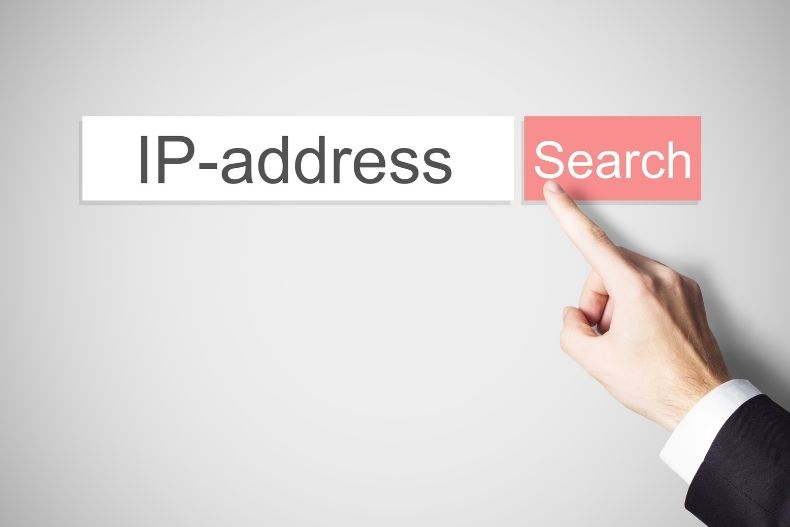Running a business these days requires the use of advanced technology if you want to stay competitive. Entering an already saturated market is very hard, so business owners have to use everything they can to find gaps and grab their piece of the market.
That usually involves methods such as price monitoring, competition monitoring, customer review monitoring, and so on. But since other businesses don’t want you to know how they became so successful, they will try to block your IP address and stop you from gathering useful information.

IP addresses and business applications
No matter if you’re a business owner or a private user, every device connecting to the internet gets a unique IP address. It works similarly to a standard address but in a virtual environment, and the internet servers need it to be able to provide you with the information you want. In other words, it’s a key part of online communication that can be easily traced with the right tools.
So, whenever you want to access a competitor’s website, they will get your basic information such as location, what website you came from, and so on. As you try to monitor their prices and find out more details you can use to improve your offer, your competitors will try to stop you by blocking your IP address.
Web scraping as a business essential
The primary tool used to gather information is web scrapers. These specially designed tools are able to scan the entire internet for specific information you need. Businesses far and wide use web scraping to tune in their prices, generate leads, monitor competition, and so on.
Web scrapers are very useful, as they can scan thousands of pages in a matter of minutes. Doing the same thing manually would take too much time. That’s why web scraping is a much better option. It will extend your reach and help you find the information you couldn’t find any other way.
Challenges businesses face when using this technique
As most businesses use web scraping to find information, they are well aware of its use and importance. That’s why they use all kinds of countermeasures to prevent their competition from extracting information from their own pages. Here are some of the most common challenges you will probably face while web scraping.
-
IP Blocks
IP blocking is the most frequently used method used to stop web scrapers from extracting information. After a server identifies a specific IP address with a high number of requests, it simply blocks it from accessing the website.
-
CAPTCHA
You must have seen the CAPTCHA tool many times while surfing the internet. The so-called human verification protection blocks web scrapers from accessing the website. It usually involves a logical problem only humans can solve, effectively blocking scrapers from accessing the website.
-
Honeypot Traps
Some websites set up traps designed to catch scrapers. Once they identify a scraper, the website owner strips all the information the scraper gathered and completely blocks their IP address.
-
Login Requirement
Many sites require you to log in to access protected information. Once you log in, your browser remembers the cookies right away, and the site remembers the rest of your cookies and the websites you visit. That way, it can recognize who is behind the web scraping and block all further access from the same IP or browser.
There are many other challenges businesses face while web scraping, including dynamic content, slow load speeds, complicated web page structures, but the ones we covered are the most common.
Proxies and web scraping
Since finding and blocking web scrapers isn’t that hard by default, you have to use all available technologies to make sure that you never get caught. While some businesses use VPNs (which are not very effective for web scraping), most of them use proxy servers because they do an excellent job to hide IP address.
Proxies work as a protective shield between your device and the rest of the internet. Every time you send a request, the proxy switches your IP address with another one located on the other side of the world. That way, even if your competitors try to identify and block your IP, you will appear as a random visitor, which won’t raise any alarms.
Types of proxies used
There are many different types of proxies designed for specific industries. All of them work the same way, but there are some differences in their applications. The two most popular proxy types for web scraping are residential proxies and data center proxies.
They are the most effective because they have a huge number of IP addresses they assign to users. Even if the server pinpoints an IP used for web scraping, the proxy simply changes the IP address allowing the scrapers to continue their work. With thousands of IPs available, businesses can easily monitor their competitors and bypass geo-blocking, making proxies a perfect choice to hide IP address.
Conclusion
If you own a business and you want to grow it over time, you will have to use everything you can to ensure a bright future. Web scrapers and proxies are an optimal combination that will allow you to find the best trends on the market and identify gaps you can use to attract new customers.











